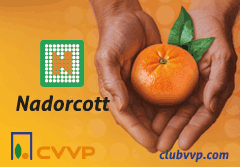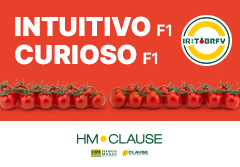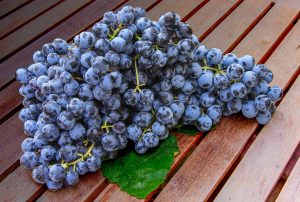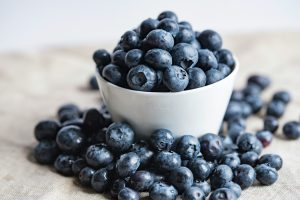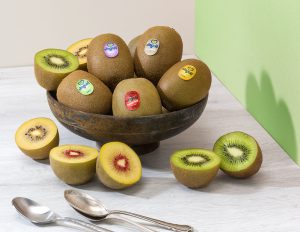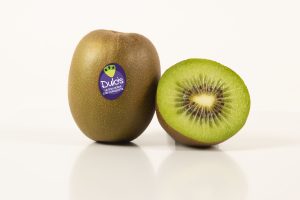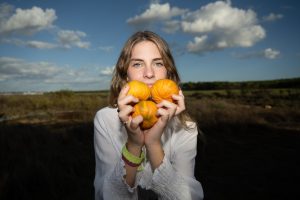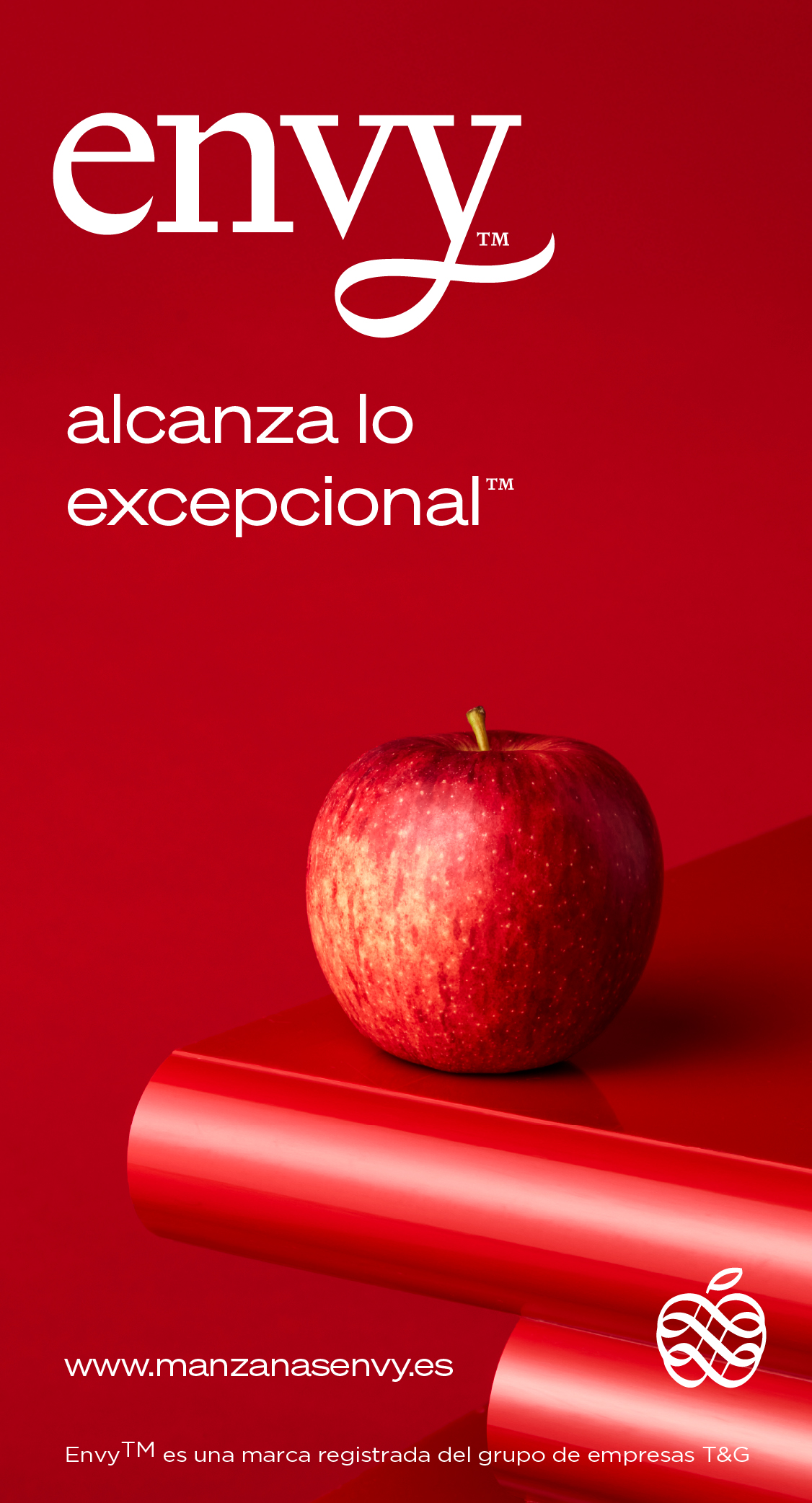In an interview with Fruit Today Magazine, Vicente Bayona, Manager at Tropical Bayper and representative of Brokaw Viveros, talked about the important development that has been seen in avocados and that continues to be upheld in this community. He also launched some keys regarding avocado growing and handling.
In general, how do you see the avocado evolution in the Valencian Community?
It has had a highly positive, improving evolution. We maintain an annual volume of plants ranging between 50,000 and 75,000. At present, to give you an idea, we have some reserves of 24,000 units for the 2024 campaign. Qualitatively speaking, we have greatly improved, because we have developed studies on harvesting practices and we have learnt to do things correctly.
I am referring to the fact that harvesting before time or without enough dry matter, in the end, caused the product to reach the consumers in non-optimal conditions. We have put considerable effort into harvesting correctly and the good results are proof of this. The forecasts for the Lamb Hass harvest reach 10,000 tonnes.
What are the reasons behind this ‘peaking’?
It is becoming increasingly less possible to plant avocados due to the lack of surface area and to the fact that citrus fruits have been revalued.
Harvesting with the correct dry matter has always been a bone of contention.
Yes, because, without the right dry matter, ripening is more difficult, and this means that consumers will not have a product in top condition. Our commitment has always been to have high quality dry matter to be able to obtain the best results.
Lamb Hass has been the star variety; what are the particular features that have made it stand out?
If grown correctly and harvested in the right conditions, the Lamb Hass is a highly profitable product, because it is more productive than the Hass variety. The calibres are also larger. This is translated into better results for farmers, their own, local production and, therefore, fewer foreign imports.
As an executive at Tropical Bayper, how are the company’s results doing?
We are highly satisfied. We are a company that markets finished produce, and have been exporting to Switzerland, Germany and France for over a decade, and we also sell on the Spanish markets. We identify ourselves as having a local, European produce and we intend to boost Spanish avocado consumption because it means a lower carbon footprint for the planet.
What are the sector’s current challenges?
Before any innovations at all, I think that it is important to know which rootstock is suitable for each farm. Many analyses must be carried out on the water, soil and climate to know which is the most profitable for them and which will give the best production. I would recommend anyone wanting to enter this world not to wear a blindfold and to become well informed to discover which rootstocks and varieties are recommended for growing.
What is your evaluation of the entry of investment funds in companies that are growing important volumes of avocados?
I consider it as a positive point for the sector. Although, basically these are companies working with citrus fruits, they have some avocado plantations. When the investment funds see the good results of avocados, they will want to invest more in the business.







